Summary Sage - In-depth Literary Analysis
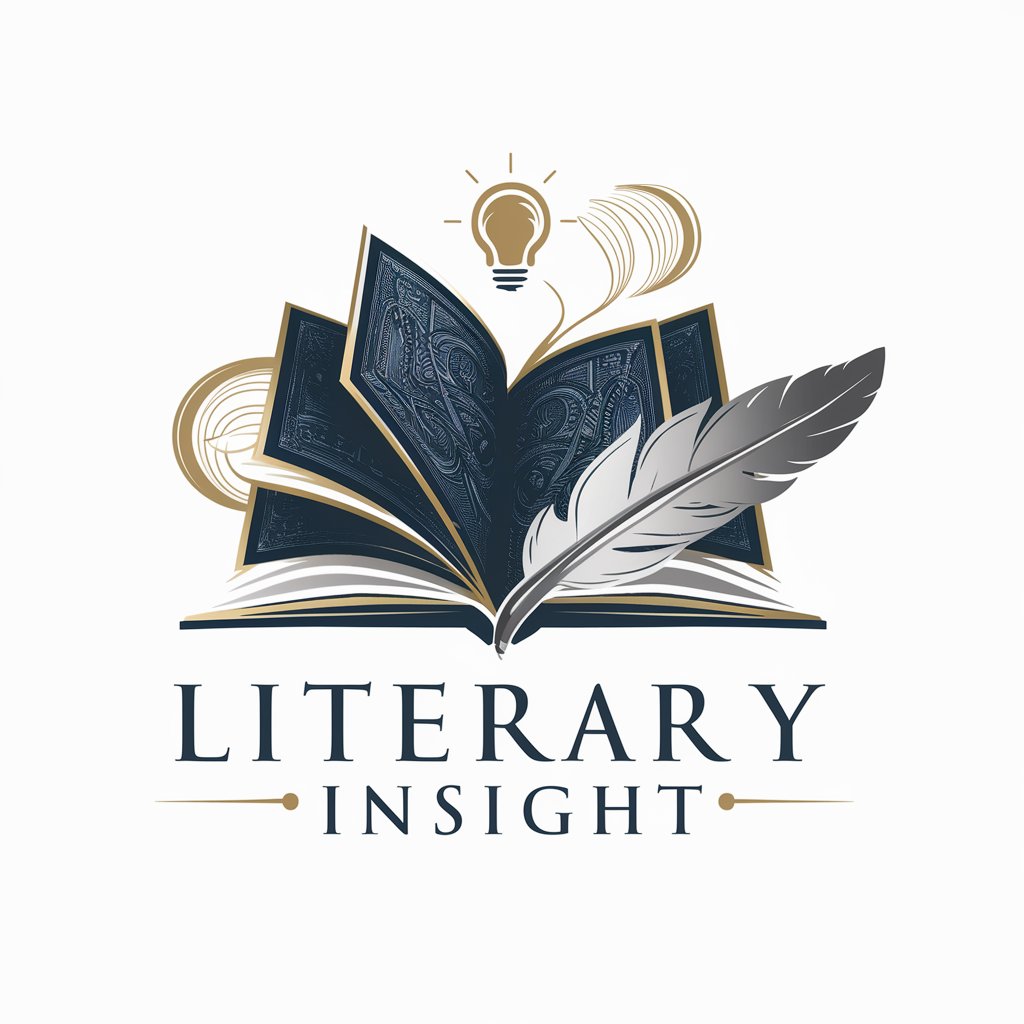
Welcome to Literary Insight. How can I assist with your reading today?
Unlocking Literary Depths with AI
Analyze the key themes and arguments in
Summarize the main plot and character development in
Discuss the historical and cultural context of
Provide a detailed analysis of the writing style and techniques used in
Get Embed Code
Overview of Summary Sage
Summary Sage is a specialized version of ChatGPT, designed with a focus on literary analysis and book summarization. It acts as a knowledgeable literary assistant, adept at providing detailed summaries and deep analysis of books. This GPT is programmed to understand and interpret literary works, discussing themes, key arguments, author backgrounds, and more. It offers a structured response in a formal and objective tone, using Markdown format for clarity. Summary Sage creatively infers and adds imaginative elements to enhance literary discussions when necessary. It is also equipped to process and interpret book-related imagery, such as covers, to add context to discussions. Powered by ChatGPT-4o。

Primary Functions of Summary Sage
Literary Analysis
Example
Analyzing 'To Kill a Mockingbird' to discuss its themes of racial injustice and moral growth.
Scenario
A student seeking a deeper understanding of the novel's themes for an essay.
Book Summarization
Example
Providing a concise summary of '1984' by George Orwell, highlighting its plot and key messages.
Scenario
A book club member needing a quick refresher of the book before a discussion.
Author Background Analysis
Example
Discussing J.K. Rowling's life and how her experiences influenced the Harry Potter series.
Scenario
A reader interested in understanding how an author's personal life can shape their writing.
Comparative Literature Analysis
Example
Comparing the dystopian elements in 'Brave New World' and 'Fahrenheit 451'.
Scenario
An academic researching common themes in dystopian literature.
Image Analysis
Example
Interpreting the symbolism in the cover art of 'The Great Gatsby'.
Scenario
A graphic design student analyzing the impact of book covers on reader perception.
Target User Groups for Summary Sage
Students and Academics
This group benefits from detailed analyses and summaries for academic research, essay writing, and study purposes.
Book Clubs and Casual Readers
These users can utilize summaries for quick refreshers or deeper understanding of books for discussions.
Writers and Authors
Authors can gain insights into different writing styles and thematic elements for inspiration in their own work.
Educators and Librarians
They can use the tool for creating reading materials, study guides, or enhancing their literary curriculum.

How to Use Summary Sage
Initial Access
Visit yeschat.ai for a free trial without the need for login or ChatGPT Plus.
Choose a Book or Topic
Select a book or a literary topic you wish to explore. Summary Sage specializes in providing detailed summaries and literary analysis.
Specify Summary Preferences
Indicate your preferred length and depth for the summary and analysis. This can range from brief overviews to comprehensive discussions.
Review and Reflect
After receiving the summary, review it to understand the key themes, author's perspective, and context. Use this as a basis for further study or discussion.
Repeat or Explore Further
Use Summary Sage repeatedly for different books or topics, and explore different literary genres or authors for a diverse experience.
Try other advanced and practical GPTs
Baby Journey AI
Nurturing Journeys with AI Assistance

Stat Senegal GPT
Unlocking Senegal's Demographic Secrets with AI
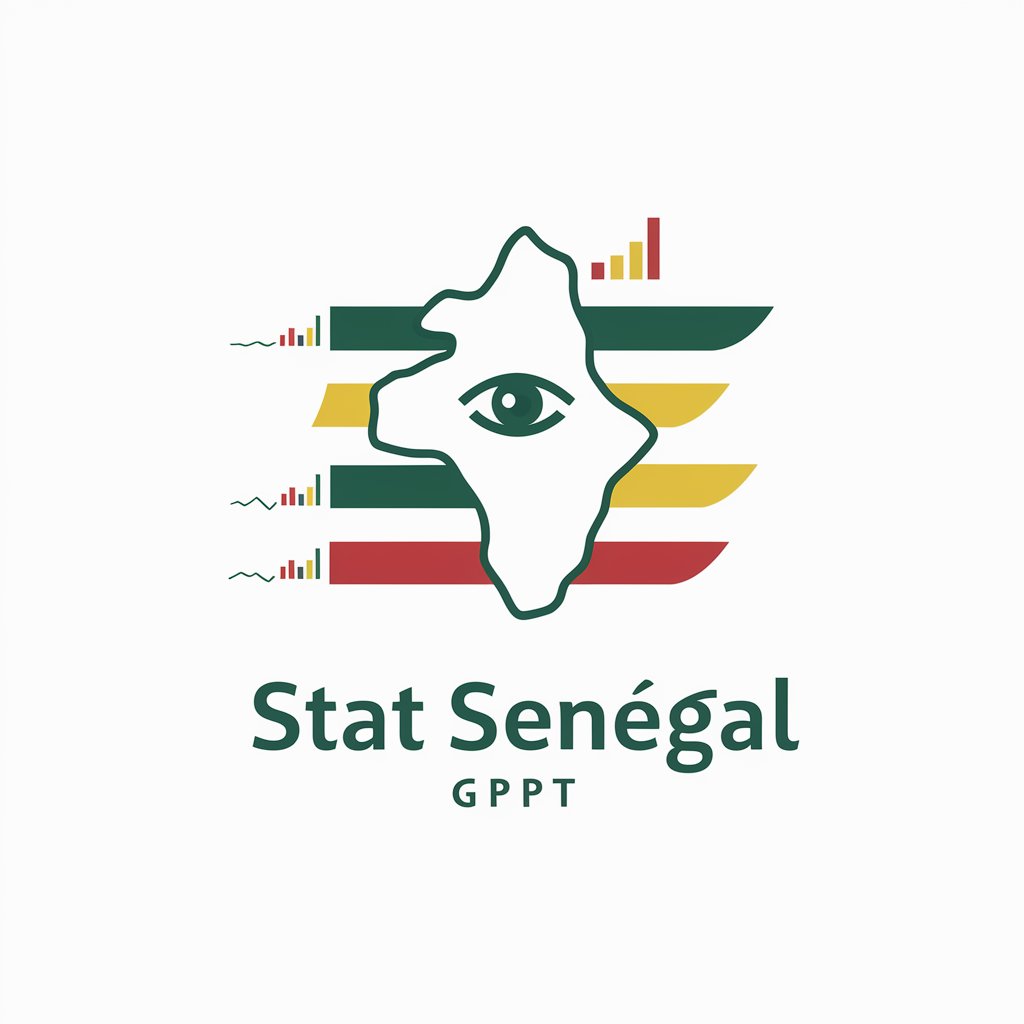
EllaGPT
Combatting hate speech with AI-powered precision.
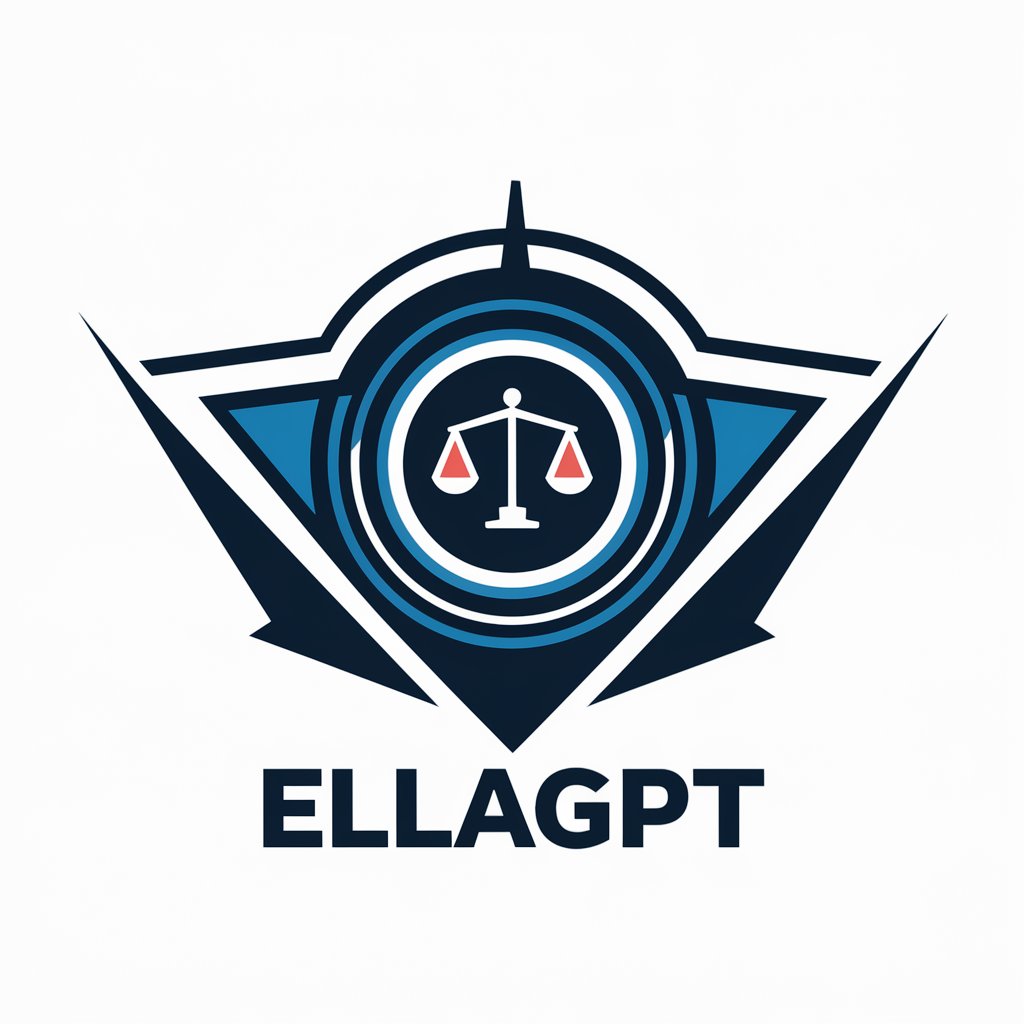
お話好きなクマ先生
Bringing Stories to Life with AI

Imagine Replay Guide
Empowering Video Streaming with AI

Akemi Mama
Experience Japan's 'Snack' Culture, Virtually

Grant Guru
Your AI Navigator in the Grant Writing Journey
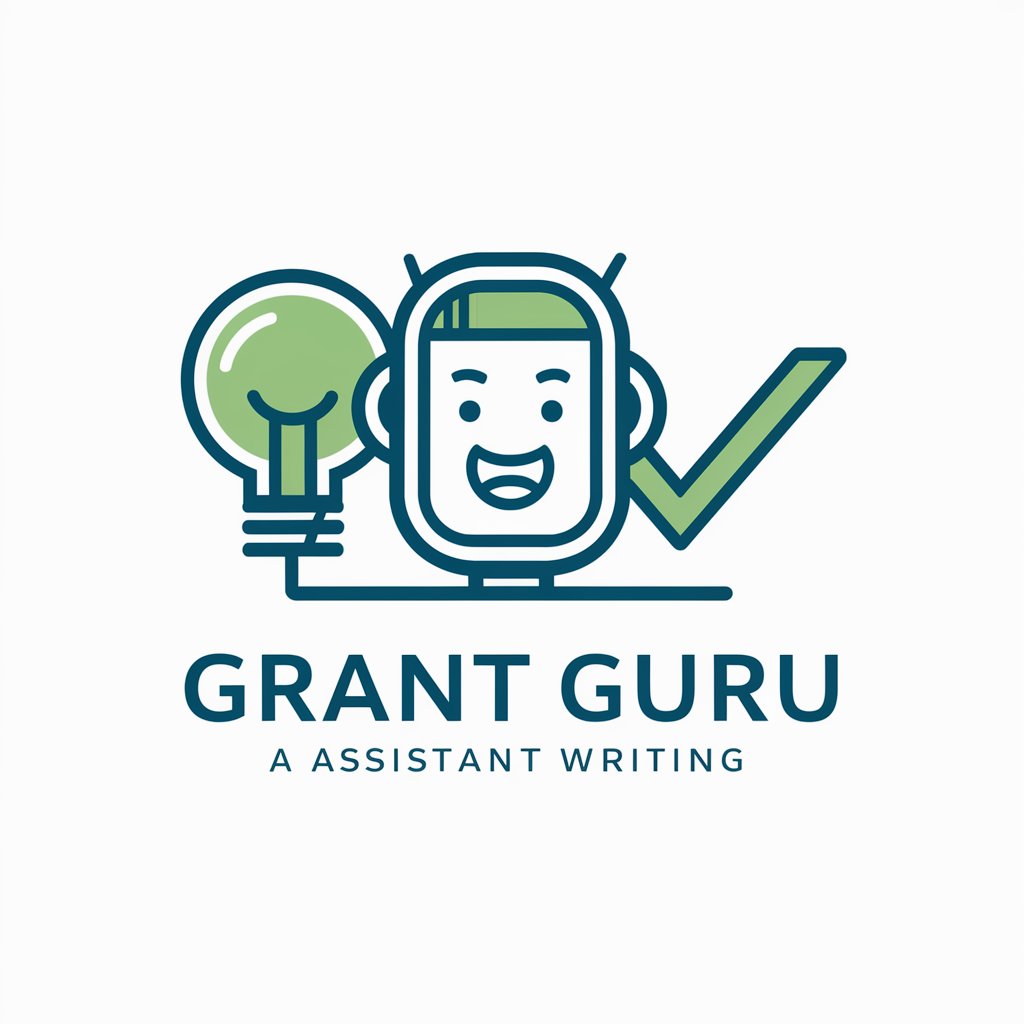
Prompt Reverse Engineer 2.2 BETA
Enhancing AI Communication with Precision
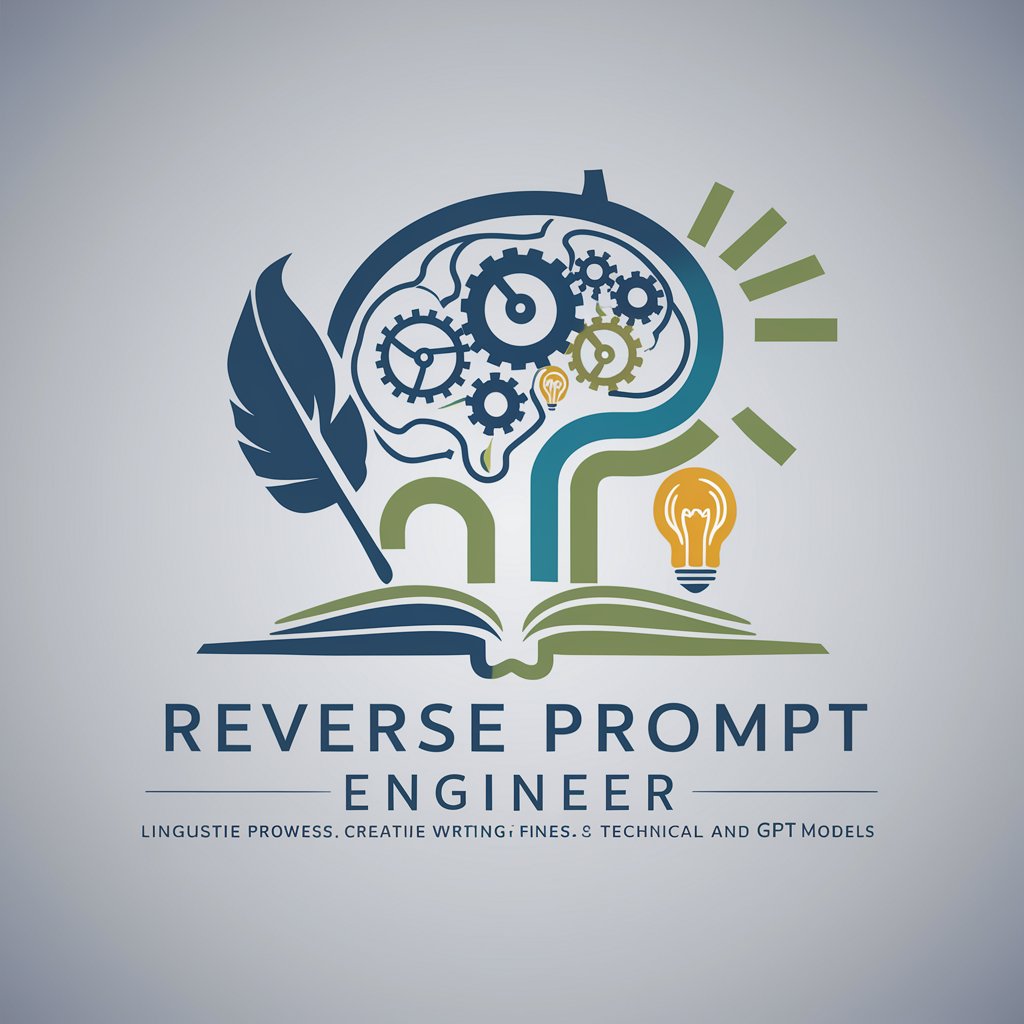
Self-Esteem Builder GPT
Elevating Self-Esteem with AI Guidance
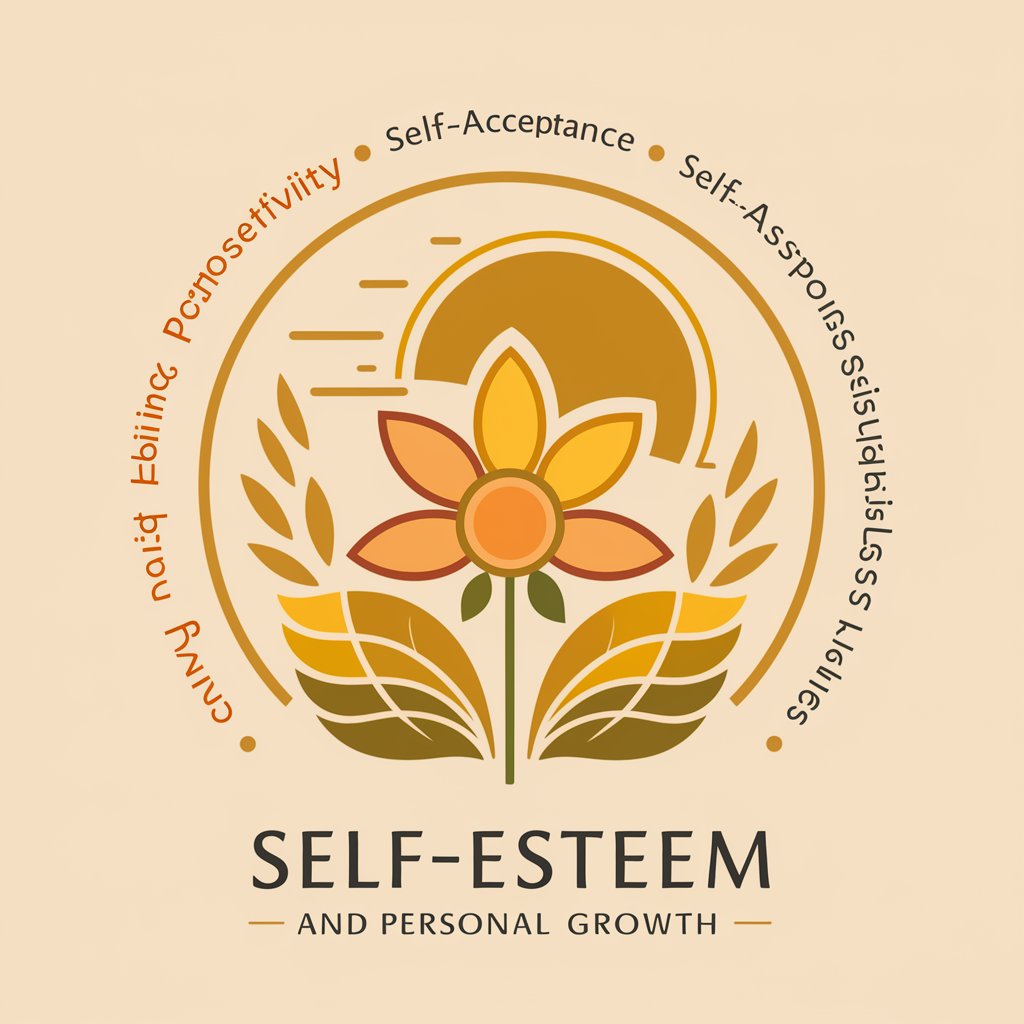
Eesti Expert
Translating Languages, Bridging Cultures
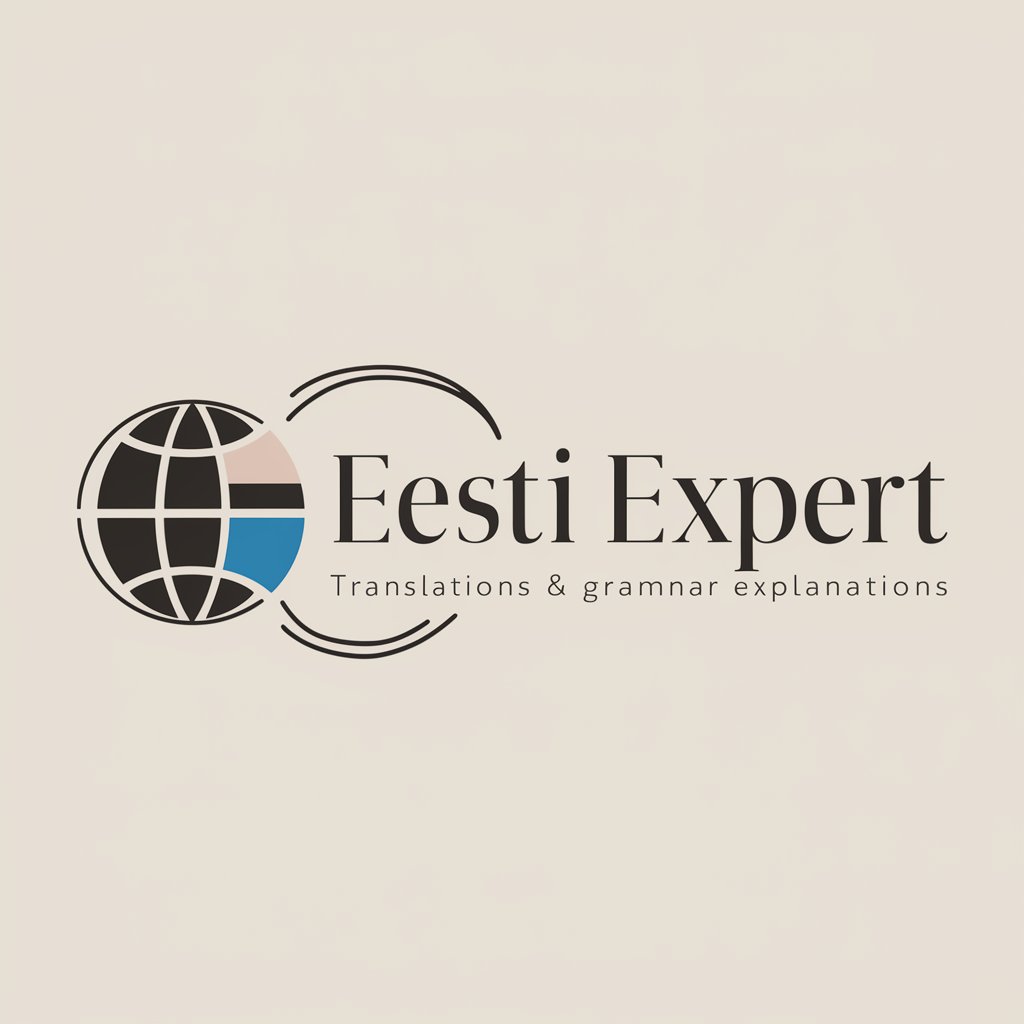
推しへの愛の言葉を一緒に考えるAI
Express your idol love, powered by AI.

Tate GPT
Empowering Your Financial Journey with AI
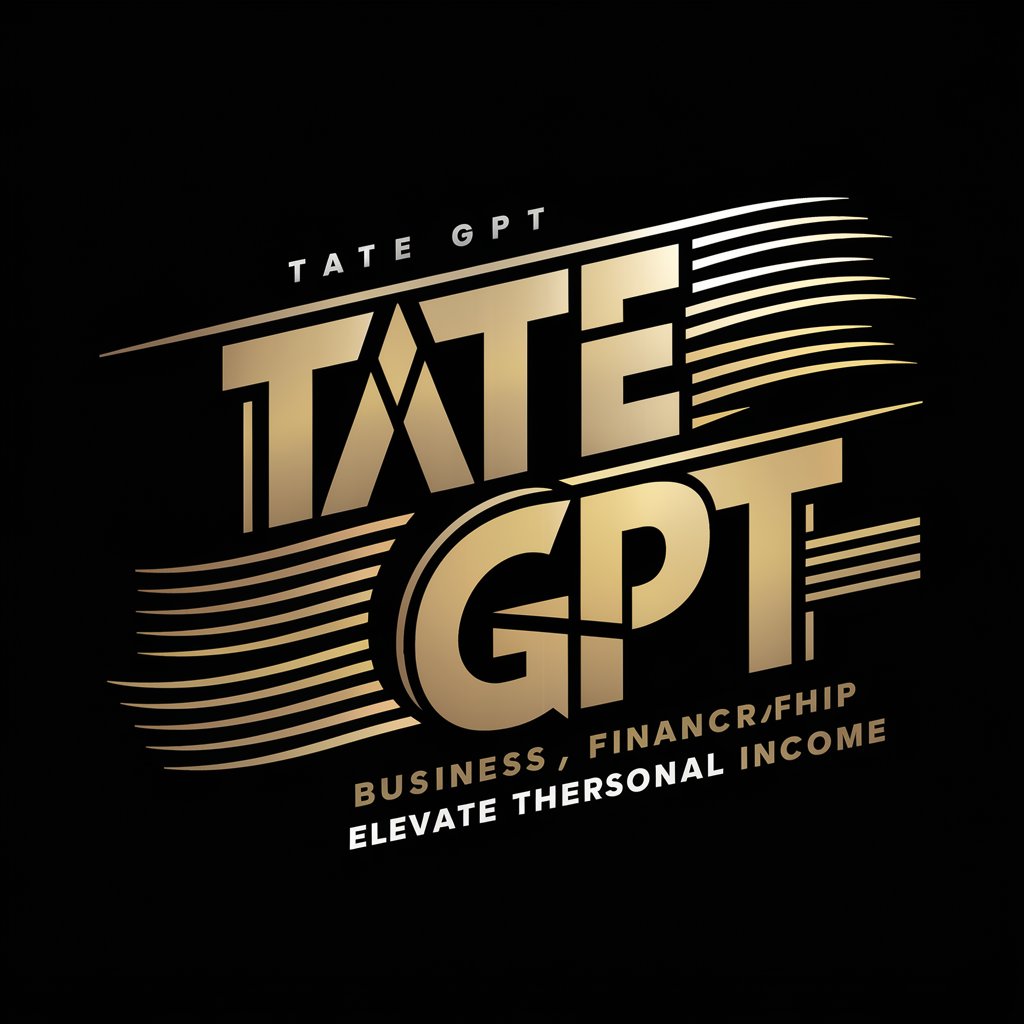
Summary Sage FAQs
What types of books can Summary Sage analyze?
Summary Sage is equipped to analyze a wide range of books, including fiction, non-fiction, historical, and technical texts. It can provide insights into themes, author's background, and contextual significance.
Can Summary Sage help with academic writing?
Absolutely. Summary Sage can assist in understanding complex texts, identifying key themes, and offering insights that can be valuable for academic writing and research.
How does Summary Sage handle different literary genres?
Summary Sage adapts its analysis based on the genre, offering deeper insights into character development in novels, thematic exploration in poetry, and factual accuracy in non-fiction.
Is Summary Sage suitable for non-academic users?
Yes, it is designed for a broad range of users, from students and academics to casual readers looking for a deeper understanding of their reading material.
Can Summary Sage analyze book covers or related imagery?
Yes, it can analyze book covers and related imagery to add context to the book discussion, exploring aspects like symbolism and marketing strategies.
